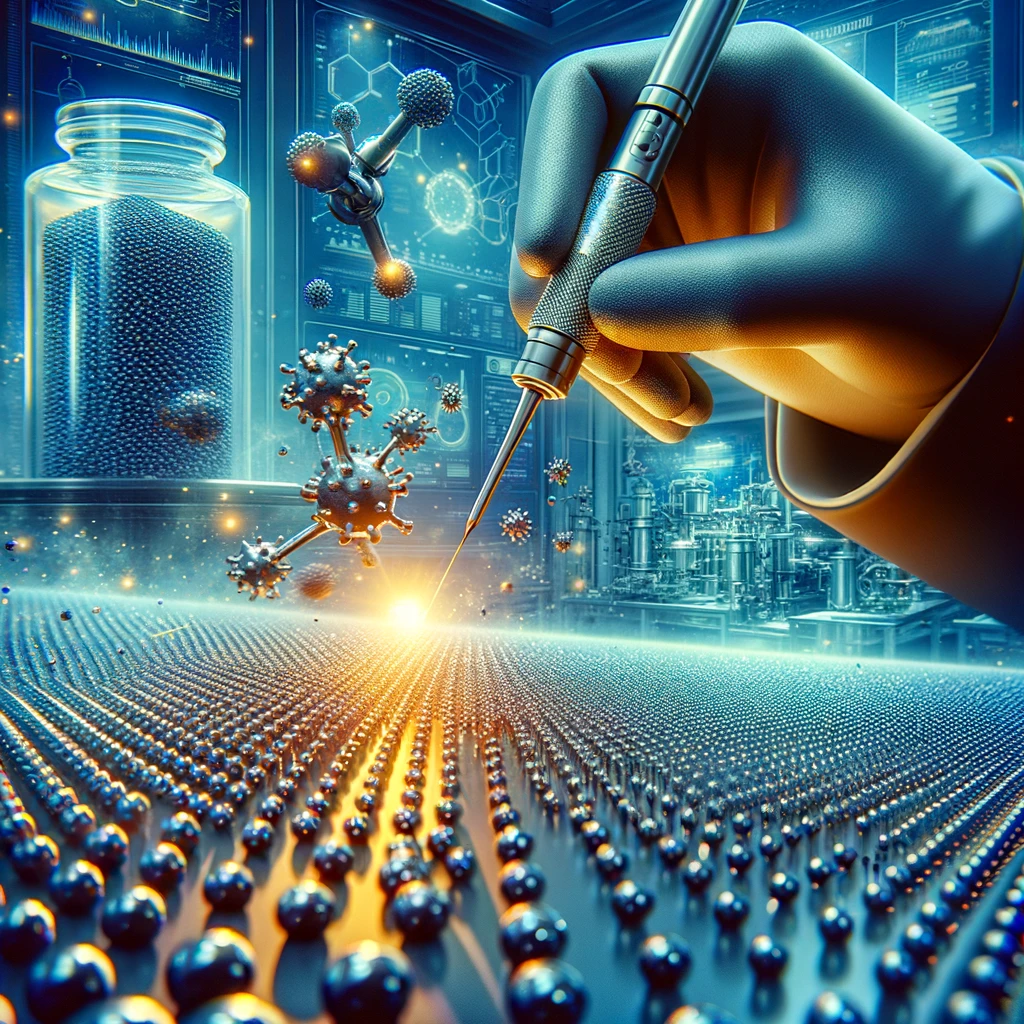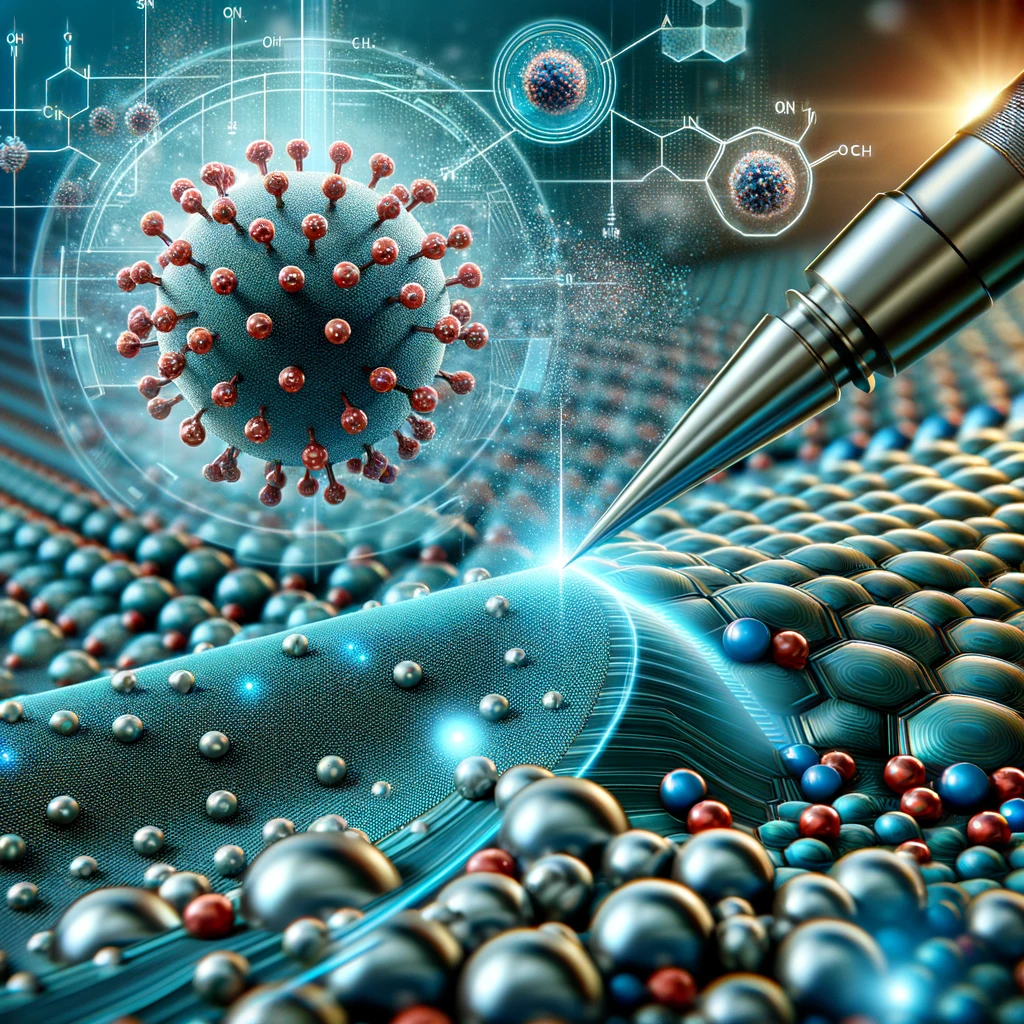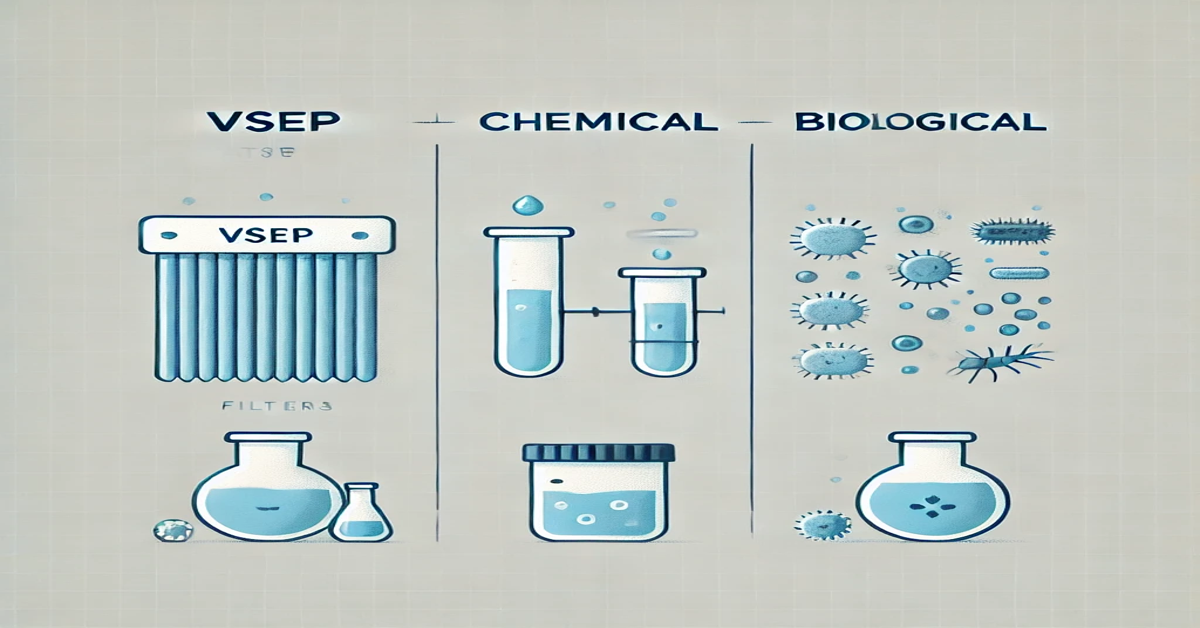Table of Contents
Nanotechnology in coating is revolutionizing the field of coating development, offering unprecedented solutions to long-standing challenges in durability, efficiency, and environmental impact. This article delves into seven groundbreaking nanotech advancements that are setting new benchmarks in the coating industry, illustrating how these microscopic innovations are leading to macroscopic improvements across various applications.
The Nano Frontier in Coatings
The integration of nanotechnology in coating development represents a significant leap forward in material science. By manipulating matter at the atomic and molecular levels, scientists and engineers are able to create coatings with enhanced properties such as increased hardness, self-healing abilities, and improved chemical resistance. These nano-engineered coatings are finding applications in sectors ranging from automotive to aerospace, offering solutions that were once deemed impossible.

1. Self-Healing Coatings
The Power of Autonomic Repair
Self-healing coatings utilize nanotechnology in coating to mimic biological processes, allowing materials to repair themselves after damage. Embedded with microcapsules containing healing agents, these coatings can autonomously mend scratches and cracks, significantly extending the lifespan of coated surfaces. Applications include automotive paints and protective coatings for mobile devices, where durability is paramount.
2. Superhydrophobic Coatings
Repelling Water Like Never Before
Superhydrophobic coatings, engineered with nano-sized structures that mimic the lotus leaf, offer unparalleled water resistance. These coatings expel water upon contact, preventing moisture accumulation and protecting surfaces from corrosion, icing, and water-induced damage. Their application spans from waterproof clothing to anti-icing surfaces on aircraft.
3. Thermal Insulation Coatings
Heat Management at the Nanoscale
Nanotechnology has led to the development of coatings with exceptional thermal insulation properties, capable of withstanding extreme temperatures while maintaining a minimal thickness. These coatings are crucial in aerospace for protecting spacecraft from the intense heat of re-entry, as well as in building materials to improve energy efficiency.
4. Antimicrobial Coatings
Battling Microbes on a Nano Front
Nanoparticles with antimicrobial properties are being incorporated into coatings to create surfaces that can actively kill bacteria and viruses. These coatings are particularly beneficial in healthcare settings, reducing the spread of infections on medical devices, hospital walls, and even textiles.
5. UV-Protective Coatings
Shielding with Precision
Ultraviolet (UV) protective coatings enhanced with nanoparticles offer superior protection against harmful UV rays. By absorbing or reflecting UV radiation, these coatings prevent the degradation of materials exposed to sunlight, extending the life of outdoor equipment, furniture, and even protecting artworks and historical artifacts.
6. Anti-Corrosion Coatings
A Nanotech Barrier Against Decay
Incorporating nanoscale particles into anti-corrosion coatings enhances their ability to prevent rust and degradation of metal surfaces. These advanced coatings are used in marine, automotive, and infrastructure projects to shield materials from harsh environmental conditions and chemical exposures.
7. Wear-Resistant Coatings
Enduring the Extreme with Nanotech
Wear-resistant coatings benefit from the incorporation of nanocomposites that increase hardness and reduce friction, prolonging the service life of mechanical parts. Industries such as mining, manufacturing, and automotive utilize these coatings to protect machinery and components from wear and tear.
Nanotechnology in coating Transformative Impact on Coatings
Nanotechnology is not just enhancing coatings; it’s redefining the boundaries of what’s possible in material protection and performance. As research and development continue to push the limits of nano-engineering, the future of coatings looks increasingly promising. With every nanometric advance, we unlock new potentials for sustainability, safety, and efficiency, marking a new era in the science of surface protection.

FAQs
1. How Does Nanotechnology Enhance Coating Development?
Nanotechnology introduces advanced properties like increased durability and self-repair capabilities to coatings, significantly enhancing their performance and longevity.
2. What Challenges Does Nanotechnology in Coating Development Overcome?
It addresses wear, corrosion, and thermal degradation, offering superior protection and extending the lifespan of coated materials.
3. Are Nanotech Coatings Environmentally Friendly?
Yes, many nanotech coatings are designed to be eco-friendly, focusing on reducing emissions, improving energy efficiency, and using less toxic substances.
4. What Is the Future of Nanotechnology in Coating Development?
The future looks towards developing smart coatings that adapt to changes, further reducing environmental impact and exploring new nanomaterials for greater functionality.



